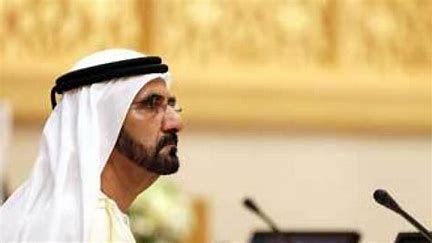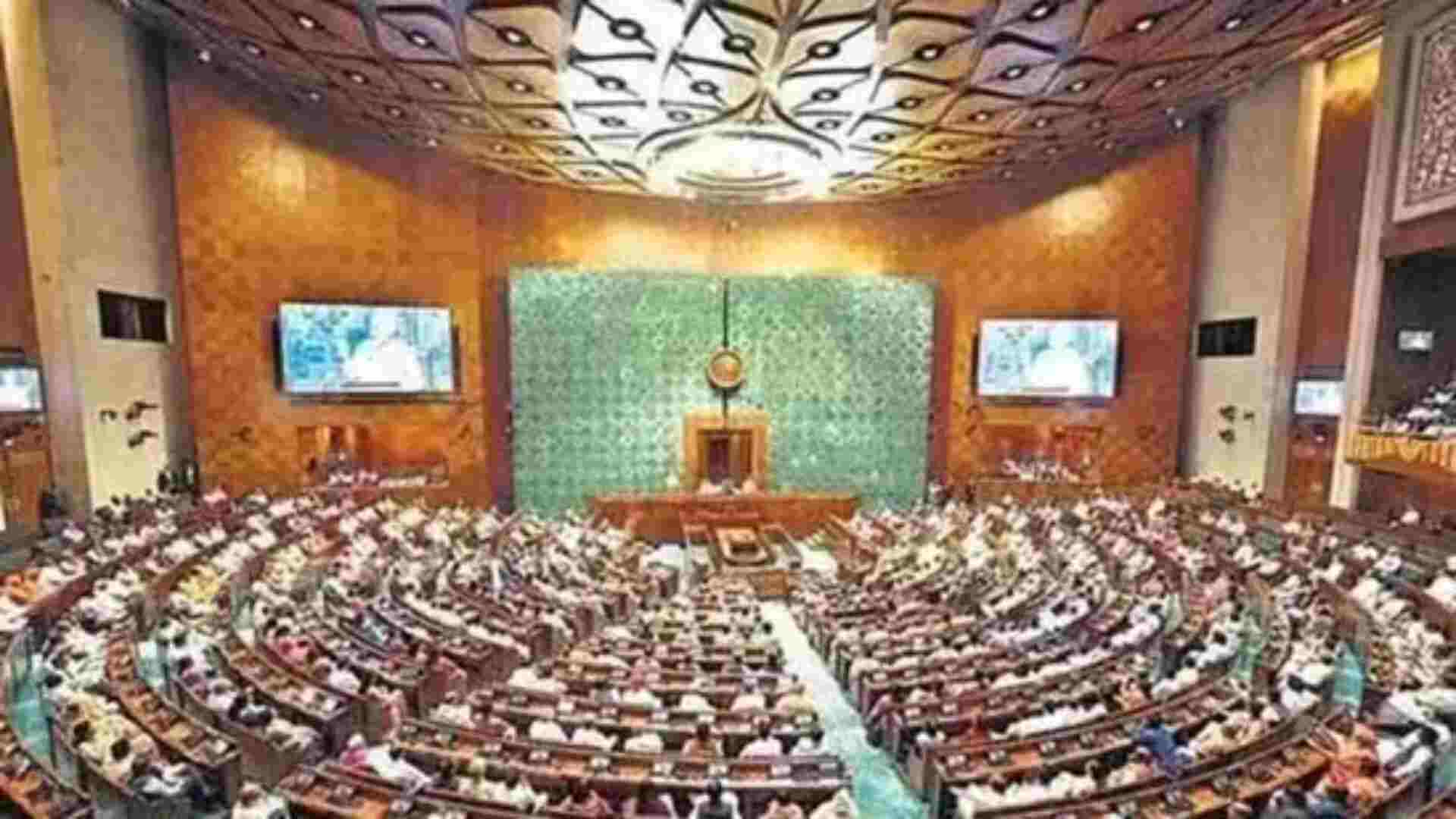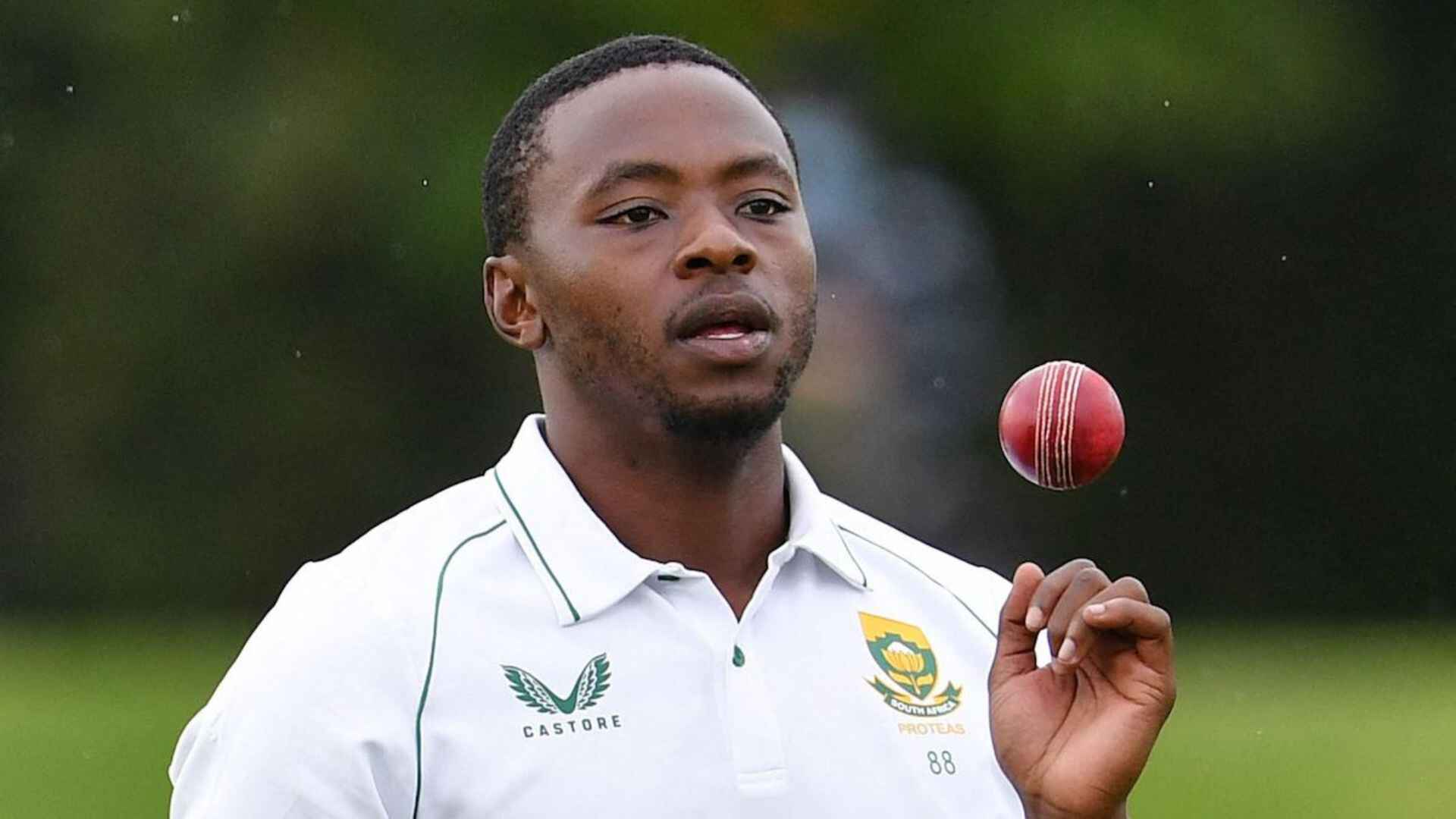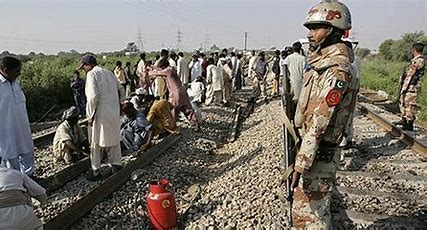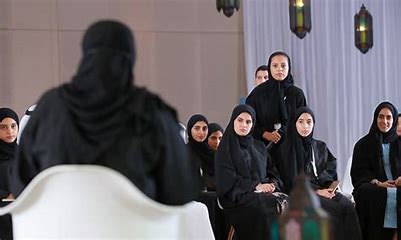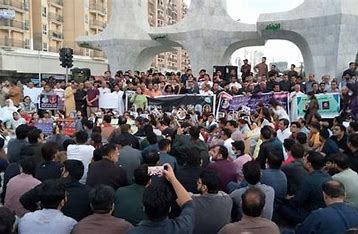
The deleterious effect of Covid-19 on Education in India has caused a major setback to the fundamental right of Right to Education, in the backdrop of the pandemic. With a Nation-wide lockdown being announced around last week of March, 2020, Schools and Universities were all closed and shut down with immediate effect and online classes became the new face of imparting education.
Since the takeover by the pandemic, online education has become sine qua non of learning, which remains unaffordable at large. Lack of internet access and broadband troubles have created a digital divide between the households of the privileged and the underprivileged, further compromising the quality of education amongst students. Amid the worsening financial condition of parents due to the impact of the pandemic, the aspect of paying fees has also become a bane for children belonging to poor households, creating a worrisome scenario of students dropping out of schools.
The chain of events that followed the second wave of Covid-19 had a wide-ranging negative impact on a substantial segment of the Indian population, culminating in violations of various fundamental rights. The state has failed to protect the Right to Effective Healthcare, the Right to Livelihood, and, most crucially, the Right to Life. The case of Right to Education is no exception.
Given the government’s unsatisfactory action plan, it is not unexpected that the Ministry of Education has yet to produce a reasonably complete or uniform E-learning reform after more than a year.
The Parliament by means of 86th Amendment Act had elevated the status of Right to Education to that of a Fundamental Right and the insertion of Article 21A was done. Right of Children to Free and Compulsory Education Act was enacted in 2009 with the aim of coming up with a governance framework for imparting education to all children. Article 21A of the Constitution lays the provision elevating Right to Education to a fundamental right for all children belonging to age groups of 6 to 14 years in all states.
Before the Amendment, the Indian Supreme Court had always read Right to Education intra vires of Right to Life which has been given in Article 21 of Indian Constitution. The cases of Bandhua Mukti and Unnikrishnan were supportive of Right to Education being under the scope of Right to Life and provided a blanket protection to all educational rights of children.
Article 21A imposes a positive obligation on the State to make effect of the law, as opposed to most other provisions in Part III of the Constitution. The government must actively provide education to all children in the country who are of the corresponding age group.
The responsibility of the Government includes providing educational infrastructure, such as school buildings, instructional faculty, learning materials etc. The thinking that students are expected to use technology to obtain education at their own expense along with the governments’ inability to provide necessary equipment, infrastructure, violates the provisions of RTE Act.
The situation is significantly worse in Jammu and Kashmir. The Valley’s basic education was overseen by a 2002 state law that lacked obligatory duties and a structure equivalent to the RTE Act.
After it was formally declared as a Union Territory on October 31, 2019, the RTE Act’s obligations were then extended to Jammu and Kashmir. However, the Valley’s internet service limits, which were implemented on August 5, 2019, are still in effect. Therefore, shutdown of internet in Jammu and Kashmir is a cause of grave concern as it inhibits the learning of knowledge of children. It creates an intellectual divide between students of Jammu & Kashmir and that of the other states.
The Supreme Court in Mohini Jain v. State of Karnataka had banked on provisions in Articles 38, 39, 41 and 45 to hold that the Fundamental Rights guaranteed under article 19 and 21 cannot be discharged without ensuring Right to Education. The treatment meted out in Kashmir is violative of the principle enshrined in Article 14 of the Indian Constitution as it blatantly hampers the rights of education of the students in the Valley.
The Supreme Court through the case of Anuradha Bhasin v. Union of India had affirmed that Right to internet access is an inherent part of Right to Education. The Kerala High Court in Faheema Shirin had also recognised the same.
Furthermore, article 26 of the Universal Declaration of Human Rights (UDHR) recognizes Right to Education as one of most fundamental Human Rights. In Unnikrishnan v. State of Andhra Pradesh, the Supreme Court realized Right to Education as a fundamental right in accordance with the principles of Article 13 of the International Covenant on Social and Cultural Rights (ICESCR).
Such violations may exacerbate the educational chasm between students and the digital divide will deprive students of wondrous educational opportunities which will affect their self-respect and dignity for education.
Schools continuing to charge exorbitant school fees without relief is also one of the major causes undermining the RTE Act. With the pandemic depriving people of the means of earning their livelihood, the households of Rural and Urban Poor have been struck the hardest and have been unable to provide for education for their children and in these situations the demand of fees has further deteriorated their condition. The law in the RTE Act of 2009 says that every child shall get compulsory education free of charge. Section 3(2) of the Act provides that the child is not liable to pay any fees or expense, which may prevent the child, in order to pursue his/her elementary education.
The Governments of various States in response to this issued various circulars and notices ordering colleges and schools to relax the fees for the academic semester of 2020-21 so as to provide relief to the economically challenged households of the society. The Governments of Tamil Nadu and Gujarat issued a notification which ordered the reduction of fees by 25%. The Hon’ble High Court of Calcutta had not allowed for any concession, instead it had increased the time limit for depositing fees.
The diverging judgements of the Hon’ble High Courts had made the situation critical and had made its way to the Supreme Court. The Hon’ble Supreme Court while holding a joint hearing on a special leave petition (SLP) challenging the Fee-Regulation Act, 2016 gave a pro tem order that parents will have to pay full fees to school as was paid in 2019-20 academic session. This setback has most frustrated the school-going-children who belong to rural and urban poor households.
In these times the expenses of providing basic necessities like food and water is a herculean task in itself. If these expenditures are not covered, then it would prevent the children from finishing their education which would constitute a violation of Article 3(2) RTE Act and Article 21A of the Indian Constitution. There will be a disparity leading to unequal imparting of education to children. In addition, disabled children, for example, who are blind and deaf, are even more likely to be treated in different ways and unequally than their peers, as they have the same rights as children without disabilities as provided for in Section 3(3) of the RTE Act.
The child or parents have no obligation to pay these costs. Because these fundamental rights are enforced against states, the State has a duty under Article 21A, which is a fundamental right, according to Part III of the Constitution.
While the Constitution always provided a set of rights on paper, the State is suffering from lack of proper execution. The state has yet to respond to the new set of issues (education). However, the State will have to deal with them sooner or later.
The Indian Education system is scrambling to keep up with changes in teaching and learning brought about by the pandemic. It is unfortunate that the vulnerable segments of society suffer the most during times of crisis, when they require additional protection. Surprisingly, these fault lines were frequently identified by professionals long before the breakout of COVID-19, but were repeatedly ignored by the State. There is an urgent need for the State and the court to re-evaluate and close these implementation gaps, and the State and the judiciary must not continue to ignore its legal and constitutional obligation to provide free education to all, particularly the underprivileged children.
